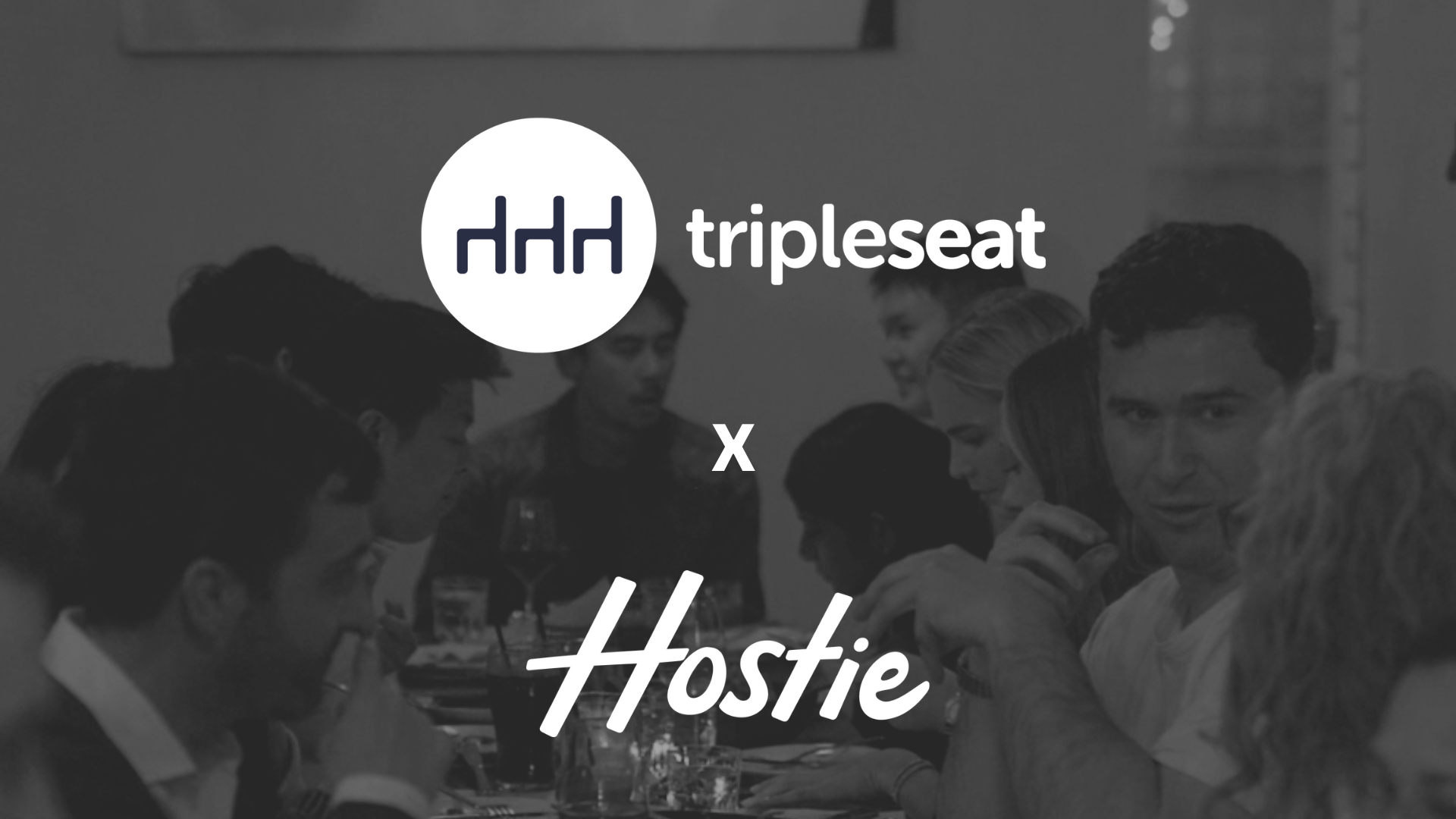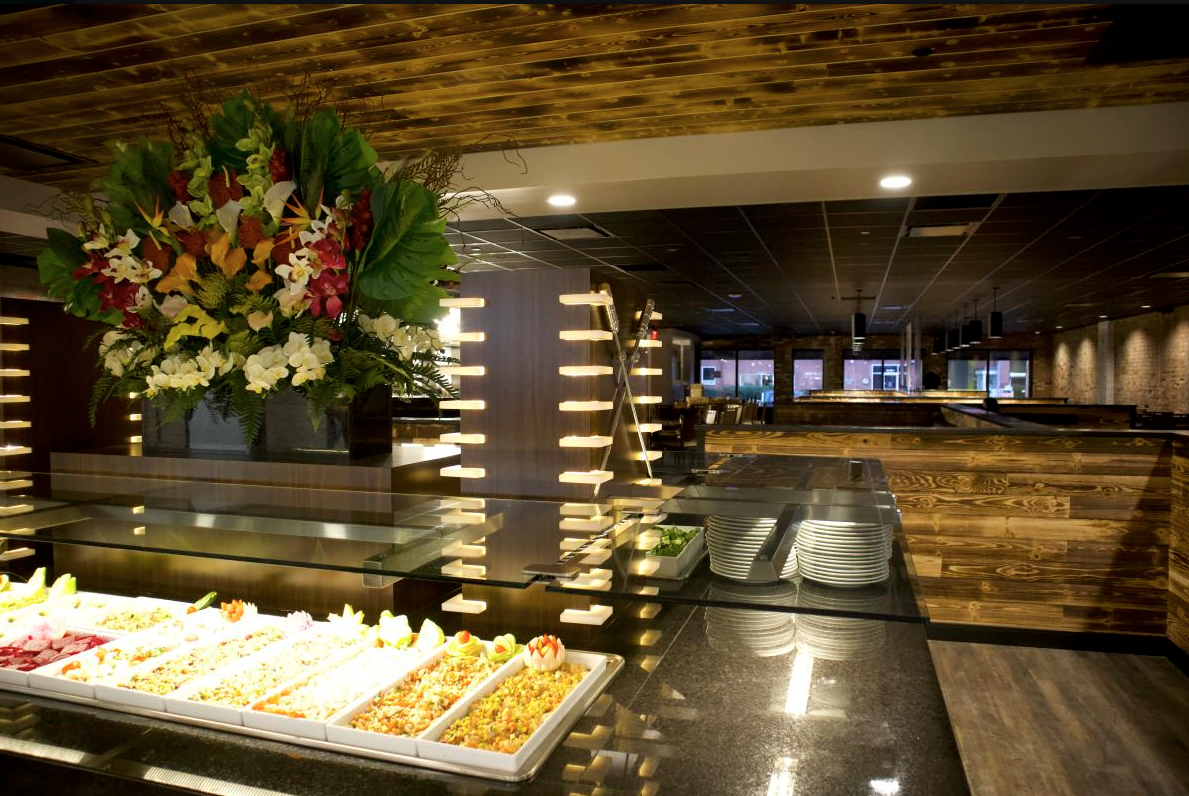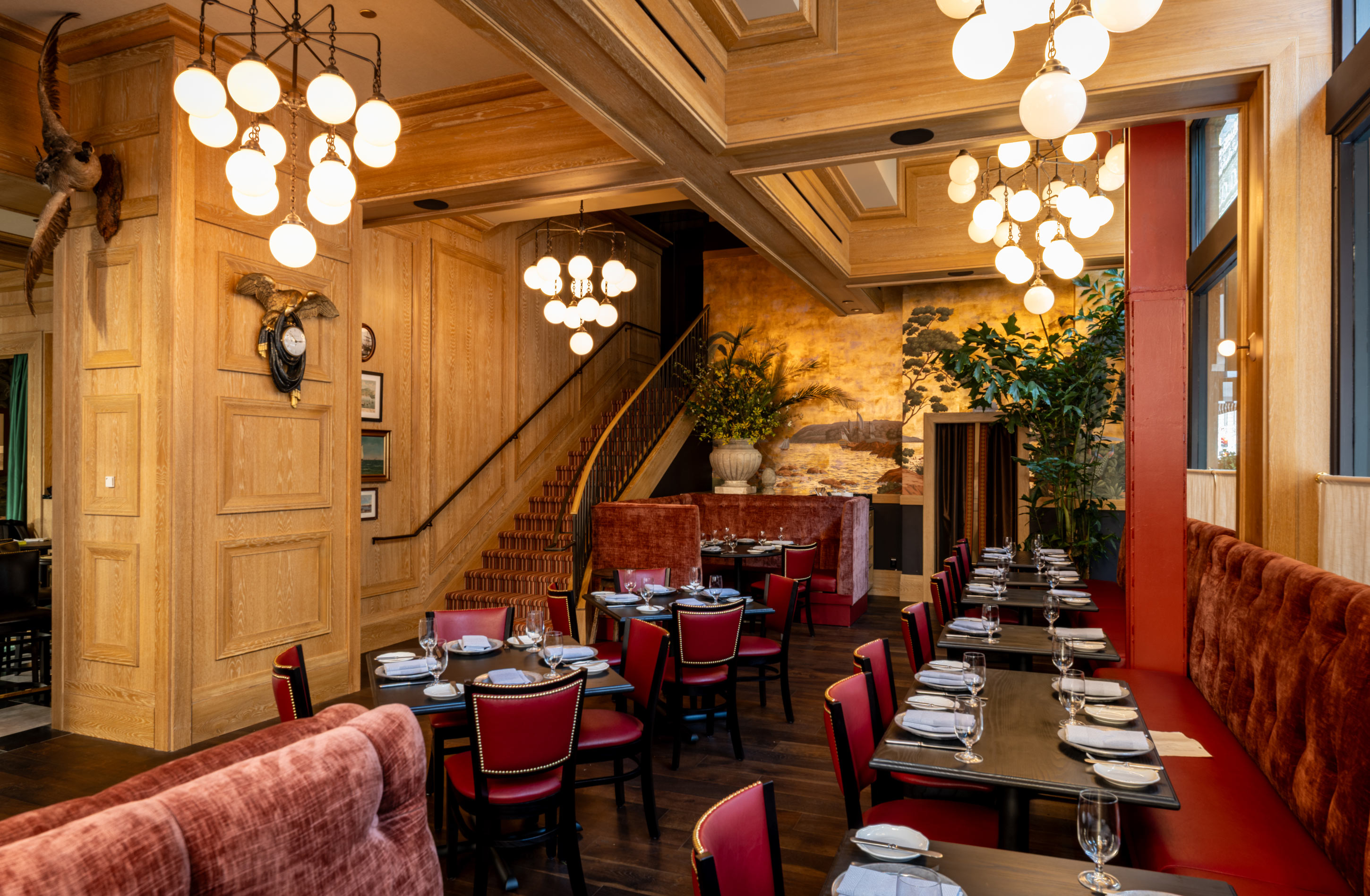
Restaurant operations have evolved dramatically in recent years, with AI-powered phone systems becoming essential tools for managing the constant stream of customer calls. In-demand establishments receive between 800 and 1,000 calls per month, with phones ringing constantly throughout service for basic questions that can be found on their website (Hostie AI). The solution? Integrating AI voice assistants with your existing OpenTable reservation system to create a seamless, automated guest experience.
This comprehensive guide walks restaurant IT and operations managers through every step of connecting a voice-AI assistant to OpenTable, from API configuration to live testing. We'll examine three leading integration approaches: Hostie AI's restaurant-focused platform, Slang AI's marketplace connector, and PolyAI's enterprise-validated architecture. By the end, you'll have a clear roadmap for implementation, complete with code examples, testing protocols, and cost-benefit analysis.
The restaurant industry has witnessed explosive growth in AI voice technology, with what industry experts call "unbelievable, crazy growth" in this particular slice of the AI market (Hostie AI). These systems address a critical pain point: 80% of calls to businesses went unanswered due to staff being too busy (Slang AI).
Modern AI phone hosts can handle a wide range of tasks, from answering generic questions about dress codes, cuisine, and seating arrangements to managing complex reservation modifications (Wired). Only 10% of calls to AI voice hosts result in being directed to a human, demonstrating the effectiveness of these systems (Wired).
OpenTable remains the dominant reservation platform for restaurants, making seamless integration crucial for operational efficiency. When AI phone systems can directly access and modify OpenTable reservations, restaurants eliminate double-entry, reduce human error, and provide instant confirmation to guests.
Hostie AI stands out as a platform designed specifically for restaurants, created by a restaurant owner and an AI engineer (Hostie AI). The system integrates directly with existing reservation systems, POS systems, and event planning software, offering a comprehensive automated guest management system that learns and engages with nuance (Hostie AI).
Key features include:
Slang AI offers a customer-led voice assistant designed to increase revenue, streamline operations, and improve customer satisfaction (Slang AI). Their platform transforms calls into opportunities by directing guests to online ordering or reservation booking, potentially increasing revenue (Slang AI).
The system operates as a 24/7 AI-powered phone concierge that handles reservation requests and guest inquiries, eliminating missed calls and allowing staff to focus on in-person guests (Slang AI).
PolyAI has established a strategic partnership with OpenTable to enhance reservation support for enterprise restaurants using advanced voice AI technology (Verdict Food Service). Restaurants within OpenTable's network can request integration through the OpenTable integration marketplace (Verdict Food Service).
PolyAI's voice assistant can handle 50% or more of customer calls in as little as 6 weeks and can be updated and deployed across hundreds of sites in real-time (PolyAI). The system is designed to handle different customer journeys, from straightforward bookings to complex interactions requiring clarification or human handoff (PolyAI).
Before beginning integration, ensure you have:
{
"integration_flow": {
"incoming_call": "AI system receives call",
"intent_recognition": "System identifies reservation request",
"opentable_query": "Check availability via API",
"booking_creation": "Create reservation if available",
"confirmation": "Provide confirmation to caller"
}
}
Obtain API Credentials
Configure Webhook Endpoints
# Example webhook configuration
webhook_config = {
"url": "https://your-ai-system.com/opentable-webhook",
"events": ["reservation.created", "reservation.modified", "reservation.cancelled"],
"secret": "your-webhook-secret"
}
Test API Connectivity
import requests
def test_opentable_connection():
headers = {
"Authorization": "Bearer YOUR_API_KEY",
"Content-Type": "application/json"
}
response = requests.get(
"https://api.opentable.com/v1/restaurants/YOUR_RESTAURANT_ID/availability",
headers=headers
)
return response.status_code == 200
Access Integration Dashboard
Configure Reservation Parameters
{
"restaurant_settings": {
"max_party_size": 8,
"advance_booking_days": 30,
"minimum_notice_hours": 2,
"special_requests_handling": true
}
}
Map Conversation Flows
Marketplace Setup
Custom Call Routing Configuration
routing_rules = {
"reservation_requests": "opentable_integration",
"general_inquiries": "faq_handler",
"complex_requests": "human_transfer"
}
Request Integration Through OpenTable
Configure Conversational AI Parameters
| OpenTable Field | AI System Mapping | Validation Rules |
|---|---|---|
| party_size | guest_count | 1-20 guests |
| date_time | reservation_datetime | Future dates only |
| customer_name | caller_name | Required field |
| phone_number | caller_phone | Format validation |
| special_requests | notes | Optional text |
from datetime import datetime
import pytz
def convert_to_restaurant_timezone(utc_time, restaurant_tz):
"""
Convert UTC time to restaurant's local timezone
"""
utc = pytz.UTC
local_tz = pytz.timezone(restaurant_tz)
utc_dt = utc.localize(utc_time)
local_dt = utc_dt.astimezone(local_tz)
return local_dt
[ ] Basic Functionality Tests
[ ] Edge Case Testing
[ ] Integration Stress Tests
Duplicate Covers Issue
def prevent_duplicate_reservations(phone_number, date, time):
"""
Check for existing reservations before creating new ones
"""
existing_reservations = opentable_api.get_reservations(
phone=phone_number,
date=date,
time_range=(time - 30_minutes, time + 30_minutes)
)
if existing_reservations:
return {"status": "duplicate_detected", "action": "modify_existing"}
return {"status": "clear_to_book", "action": "create_new"}
Timezone Mismatch Prevention
class TimezoneValidator:
def __init__(self, restaurant_timezone):
self.restaurant_tz = restaurant_timezone
def validate_booking_time(self, requested_time):
local_time = self.convert_to_local(requested_time)
if local_time.hour < 11 or local_time.hour > 22:
return False, "Outside operating hours"
return True, "Valid booking time"
| Metric | Before AI Integration | After AI Integration | Savings |
|---|---|---|---|
| Average calls/month | 800-1,000 | 800-1,000 | 0 |
| Calls handled by staff | 800-1,000 | 80-100 | 700-900 |
| Minutes per call | 3-5 minutes | 3-5 minutes | N/A |
| Staff time saved/month | 0 | 2,100-4,500 minutes | 35-75 hours |
| Labor cost at $17/hour | $0 | $595-$1,275 | Monthly savings |
Hostie AI Pricing Structure:
Additional Considerations:
def calculate_roi(monthly_labor_savings, monthly_ai_cost, setup_cost):
"""
Calculate return on investment for AI phone system
"""
annual_savings = monthly_labor_savings * 12
annual_ai_cost = monthly_ai_cost * 12
total_first_year_cost = annual_ai_cost + setup_cost
net_savings = annual_savings - total_first_year_cost
roi_percentage = (net_savings / total_first_year_cost) * 100
return {
"annual_savings": annual_savings,
"first_year_roi": roi_percentage,
"break_even_months": setup_cost / (monthly_labor_savings - monthly_ai_cost)
}
Hostie AI's Jasmine supports 20 languages, making it ideal for diverse metropolitan markets (Hostie AI). This capability is particularly valuable for restaurants in tourist areas or multicultural neighborhoods.
Modern AI systems can manage sophisticated scenarios beyond basic reservations. Hostie AI can handle everything from simple reservation changes to complex private event inquiries and complicated order modifications (Hostie AI). This comprehensive capability reduces the need for human intervention in most customer interactions.
PolyAI's architecture allows for real-time updates and deployment across hundreds of sites simultaneously (PolyAI). This feature is crucial for restaurant groups managing multiple locations with varying availability and policies.
Regular Performance Reviews
AI Training Updates
Integration Optimization
def diagnose_api_issues():
"""
Systematic approach to diagnosing OpenTable API problems
"""
checks = {
"api_key_valid": check_api_credentials(),
"network_connectivity": test_network_connection(),
"rate_limits": check_rate_limit_status(),
"webhook_delivery": verify_webhook_endpoints()
}
failed_checks = [k for k, v in checks.items() if not v]
return {
"status": "healthy" if not failed_checks else "issues_detected",
"failed_checks": failed_checks
}
The AI voice assistant market continues to evolve rapidly, with new capabilities emerging regularly. ChatGPT for restaurants represents an advanced AI tool that can assist in day-to-day restaurant management, generating personalized responses for customer inquiries and offering menu optimization ideas (HostMe).
As your restaurant grows, your AI integration should scale accordingly. Consider:
Ensure your AI phone system complies with:
Integrating an AI phone-reservation system with OpenTable represents a significant opportunity for restaurants to improve operational efficiency while enhancing customer experience. The three platforms examined—Hostie AI, Slang AI, and PolyAI—each offer unique advantages depending on your specific needs and technical requirements.
Hostie AI's restaurant-native approach, designed by industry insiders, provides the most intuitive integration path for establishments seeking a comprehensive solution (Hostie AI). Slang AI's marketplace-driven model offers flexibility and customization options, while PolyAI's enterprise-validated architecture provides robust scalability for larger operations.
The implementation process, while technical, follows a clear progression from API configuration through testing and optimization. With proper planning and execution, restaurants can expect to see significant labor cost savings—potentially 35-75 hours per month—while improving customer satisfaction through faster, more accurate reservation handling.
As the restaurant industry continues to embrace AI technology, early adopters will gain competitive advantages in operational efficiency and customer service quality. The key to success lies in choosing the right platform for your specific needs, following best practices for implementation, and maintaining a commitment to continuous optimization and improvement.
By following this comprehensive guide, restaurant operators can confidently navigate the integration process and realize the full benefits of AI-powered phone reservation systems in their establishments.
AI phone integration with OpenTable eliminates missed calls, automates reservation booking 24/7, and reduces staff workload. Restaurants typically handle 800-1,000 calls monthly, with 80% going unanswered without AI assistance. The integration ensures seamless synchronization between phone reservations and your existing OpenTable system while improving customer experience.
Hostie AI offers multilingual support in 20 languages and integrates with major POS systems, making it ideal for diverse customer bases. Slang AI focuses on converting calls into revenue opportunities through online ordering and reservation booking. PolyAI, partnered directly with OpenTable, can handle 50% or more of calls within 6 weeks and offers enterprise-level deployment across multiple locations.
OpenTable integration requires API access credentials, webhook configuration for real-time synchronization, and proper authentication setup. You'll need to configure endpoints for reservation creation, modification, and cancellation. The integration also requires SSL certificates and proper error handling to ensure reliable data exchange between your AI system and OpenTable's platform.
According to Hostie's research, restaurants receive constant calls throughout service for basic questions that can be found on their website. Hostie AI's assistant, Jasmine, handles calls, texts, emails, reservations, and orders in 20 languages. What sets Hostie apart is that it's "AI for Restaurants, Made by Restaurants," meaning it's specifically designed by industry professionals who understand restaurant operations.
Yes, modern AI systems like PolyAI can handle complex booking scenarios including multiple room types, availability checks, guest details, and party size considerations. They can manage different customer journeys from straightforward bookings to complex interactions requiring clarification. When situations exceed AI capabilities, the systems seamlessly transfer calls to human agents, with only 10% of calls requiring human intervention.
Implementation typically takes 4-6 weeks for basic setup, with PolyAI claiming 50% call handling capability within 6 weeks. Costs vary by provider and restaurant size, but the investment often pays for itself through reduced missed calls and increased reservation conversion rates. The integration includes initial setup, API configuration, testing protocols, and staff training on the new system.
RELATED


